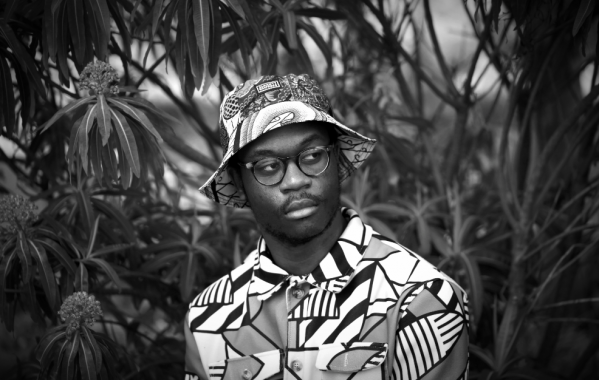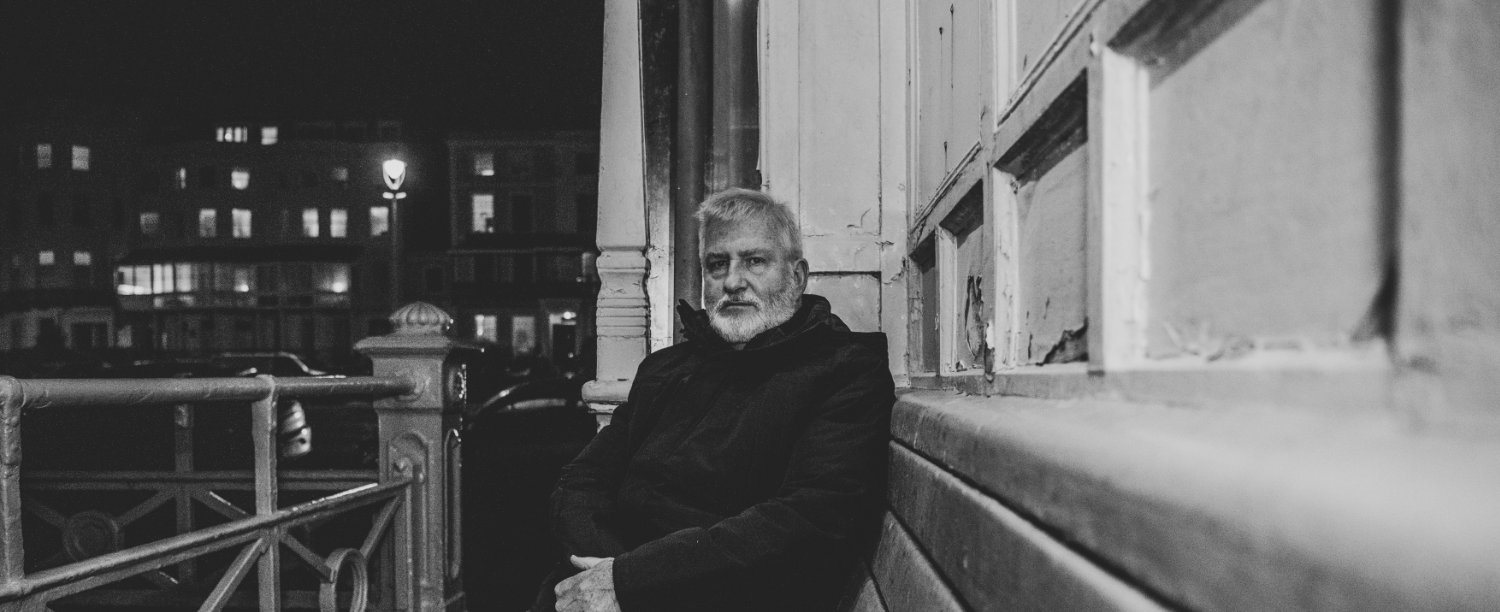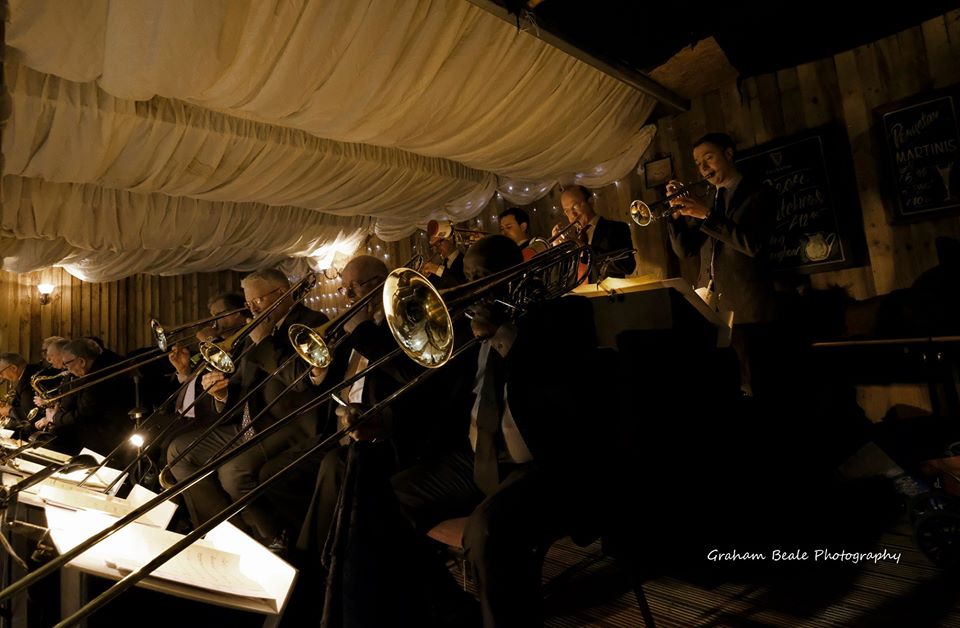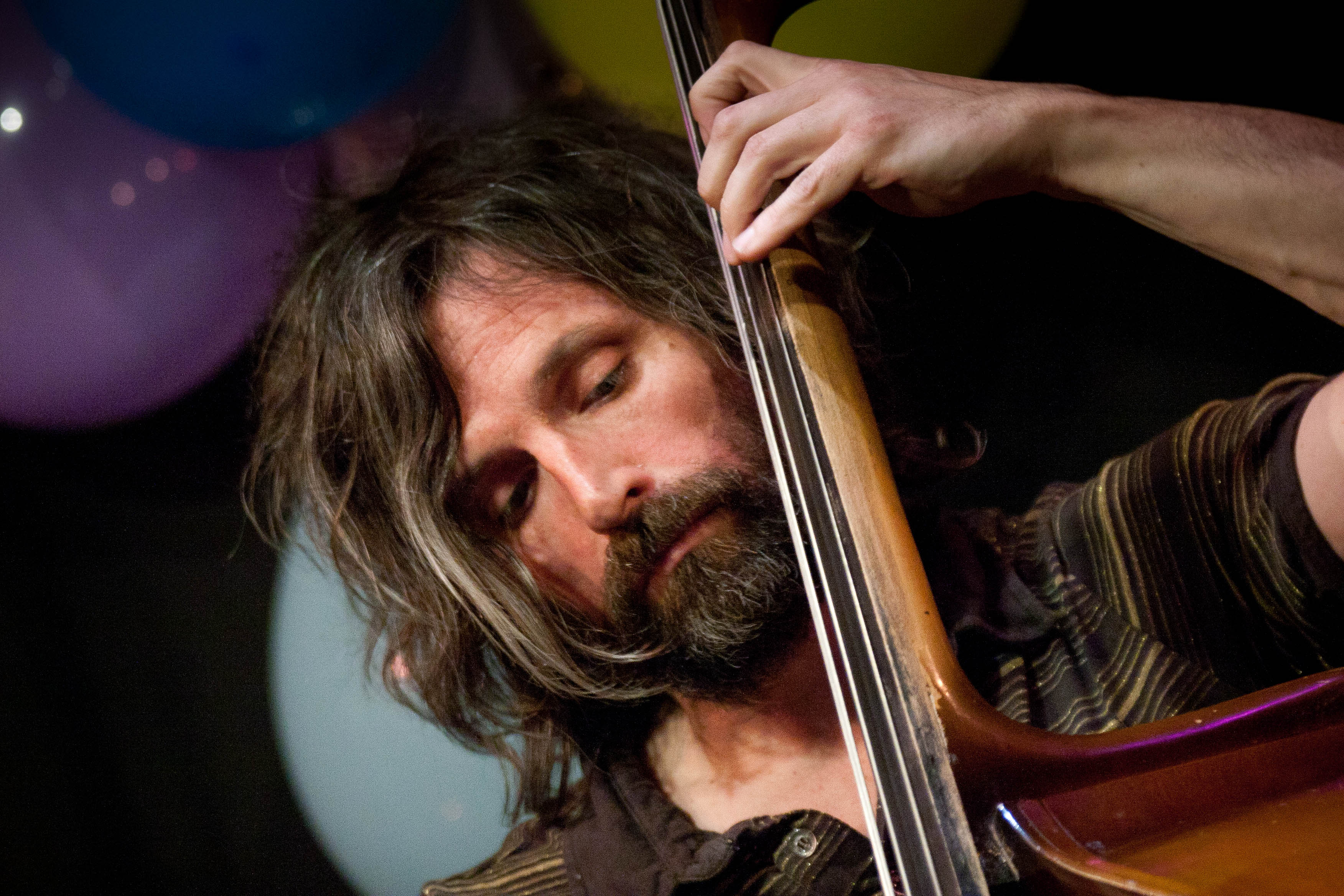The Column: Eddie Myer – The Eye of the Tiger

The Eye of the Tiger
April 30th is doubly significant for our loyal readers, marking not only the 40th virtual issue of the Sussex Jazz Magazine but also the triumphant return of International Jazz Day, modestly billed on its own Facebook page as ‘The Greatest Day in Jazz History’. We’re aware that some of our more determinedly intellectual subscribers may take issue with the semantics of this claim; perhaps they might prefer to nominate the day in 1997 when Jaques Derrida interviewed Ornette Coleman live on stage as part of the latter’s gig in Paris. The two geniuses attempted to conduct a ‘deconstructive take on jazz and writing’ and covered quite a bit of ground before Coleman’s impatient fans booed Derrida off stage, prompting the self-conscious philosopher to describe the gig in a subsequent interview for Time Magazine as ‘a very unhappy event’. The current edition of International Jazz Day features an All Star Global Concert in this year’s host country of France, complete with webcast and a host of high-profile stars, plus a real globe-spanning series of events; for instance, jazz clubs in Paris are celebrating the city’s long association with the music by throwing open their doors to the public for a free series of gigs.
There’s a fair smattering of events in the UK to celebrate International Jazz Day, though they seem to cluster either in London or around the Celtic fringe, with shows in Glasgow, Londonderry and Truro but nothing here on the South Coast. That shouldn’t distract from the growing evidence that jazz is continuing to prosper in Brighton and beyond. The year got off to a great start with the success of the inaugural South Coast Jazz Festival; let’s hope it becomes a regular feature in the calendar. Brighton Jazz Club have staged some outstanding shows, notably promoting Marius Neset in a sell-out Dome Studio Theatre performance. While the Brighton Festival continues to place jazz fairly low on its list of priorities, it is bringing us both Carleen Anderson with Julian Joseph and the much-publicised GoGo Penguin, so you can see for yourselves what the fuss is about, and the Verdict is now an official Fringe venue despite last year’s dispute over its over-zealous promotional activities. Love Supreme returns for the third year with its signature mix of international heavyweights, up-and-coming youngsters, jazz-related party favourites and pop stars slipping gracefully into their later-stage careers by way of the Great American Songbook, and it continues to feature a cross-selection of local talent on the Verdict Bandstand. The Verdict itself is now into its third year and in the words of founder Andy Lavender has hit something of a purple patch, with sell-out gigs on most Fridays since January; and the number of grassroots gigs continues to proliferate. Even those with an inexhaustible appetite for hearing versions of Oleo will find it physically impossible to attend every regular weekly session, as there’s often several on the same day, and far too many to list here – see the end section of this magazine for more.
Jazz continues to survive despite its minority status, and the perception among musicians and fans alike that it’s engaged in a struggle to survive upon a sea of public indifference. Of course, this column has reported before on the vast difference in the quantity of public funding available for jazz and classical music, with the latter pulling in a massive 50 times as much subsidy as the former in 2014. Yet both the South Coast Jazz Festival, and the upcoming New Generation season of gigs at the Verdict later this year have managed to secure grants through sheer persistence. Events such as International Jazz Day demonstrate that jazz still carries considerable status; the persistence of the grassroots pub gig proves its tenacity in holding its place within the community. Its demise has been foretold for decades; I have here before me, as I write, a copy of Jazz Now, a paperback published by the Jazz Centre Society in 1976 when the scene was so compact that the index lists the names, addresses and phone numbers of every significant player in the UK. It contains, beside many other interesting and instructive pieces, an interview with Alan and Jimmy Skidmore, in which the latter laments “I don’t think anyone makes a living from jazz, really” and Alan adds “Is there any way of demanding a realistic rate for pub gigs? That’s where you’re fighting. You get a musician who’s totally dedicated to his thing, there’s nothing you can do about a publican who’s only dedicated to his wallet”. Echoes of these remarks can be heard today wherever jazz musicians gather, yet the music survives, and against the odds every day somehow manages to be International Jazz Day.
International Jazz Day Website:
Ornette meets Jaques Derrida:
http://www.openculture.com/2014/09/jacques-derrida-interviews-ornette-coleman.html



